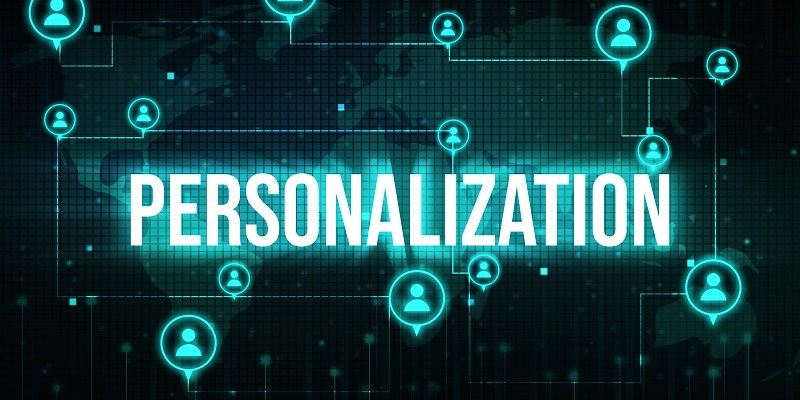In today’s competitive business landscape, companies are constantly seeking ways to stand out and attract and retain customers. One strategy that has proven to be highly effective is personalization. From tailored recommendations to customized experiences, personalization has the power to not only enhance the customer journey but also drive substantial revenue growth. In this article, we will delve into the importance of personalization, the keys to customer success, the power it holds, and real-life examples of successful implementation.
The Importance of Personalization
Personalization is not just a marketing buzzword; it has a direct impact on financial success. Studies show that organizations that effectively implement personalization strategies experience a significant boost in revenue compared to their peers.
Personalization has immense potential to unlock value for businesses. McKinsey & Company estimates that if all industries in the US transitioned to top-quartile performance in personalization, it could generate more than one trillion dollars in value.
The Key to Customer Success
Customer success means going beyond the point of sale. It involves understanding and addressing customers’ needs at every touchpoint throughout their journey, from pre-purchase to post-purchase support.
A seamless and personalized customer experience encompasses all stages, including post-purchase interactions. By offering personalized assistance and follow-up, companies build customer loyalty and foster long-term relationships.
The Power of Personalization
Consumers associate personalization with positive experiences of being made to feel special and valued. Brands that understand and fulfill these expectations create stronger connections with their customers.
To excel in personalization, businesses need to tailor their offerings and outreach to cater to their customers’ unique needs at the right moments. By providing a personalized experience, companies differentiate themselves and create memorable interactions.
Applying Personalization after Purchase
Often, businesses focus on personalization during the initial stages of the customer journey. However, there are significant opportunities for personalization after the purchase. By maintaining a relationship with customers and continuing to meet their needs, companies can foster loyalty and drive repeat purchases.
Successful companies leverage data and automation to deliver personalized post-purchase experiences. This can include tailored recommendations based on previous purchases, exclusive offers, or personalized follow-up communications to ensure customer satisfaction and encourage ongoing engagement.
Meeting Consumer Expectations
Today’s consumers expect businesses to understand and cater to their individual needs. According to McKinsey & Company, most consumers (seventy-two percent) expect the businesses they purchase from to see them as individuals and not just as generic customers.
Personalization plays a vital role in meeting consumer expectations. By understanding their preferences and behaviors, brands can deliver tailored experiences and build trust and loyalty with their customers.
Case Study: LeatherCult
LeatherCult, a fashion retailer, recognizes that shopping for fashion is not just about selecting items. It’s about helping customers curate a unique expression of themselves. They understand that personalization is crucial in the highly competitive fashion industry.
LeatherCult takes personalization to the next level by offering customers the ability to choose custom sizes for a perfect fit, monogram their names or messages inside jackets, and even opt for special quilted linings. By turning the act of buying clothes into an interactive and creative journey, LeatherCult fosters customer engagement and loyalty.
Personalization has emerged as a powerful tool for businesses to drive revenue and customer satisfaction. By understanding the unique needs of each segment, tailoring solutions accordingly, and offering customized experiences, organizations can differentiate themselves and foster strong customer relationships. The benefits of personalization extend beyond the point of purchase, as post-purchase personalization can enhance customer loyalty and encourage repeat business. As consumers increasingly expect personalized experiences, businesses must prioritize personalization to meet these expectations and thrive in today’s competitive market.

